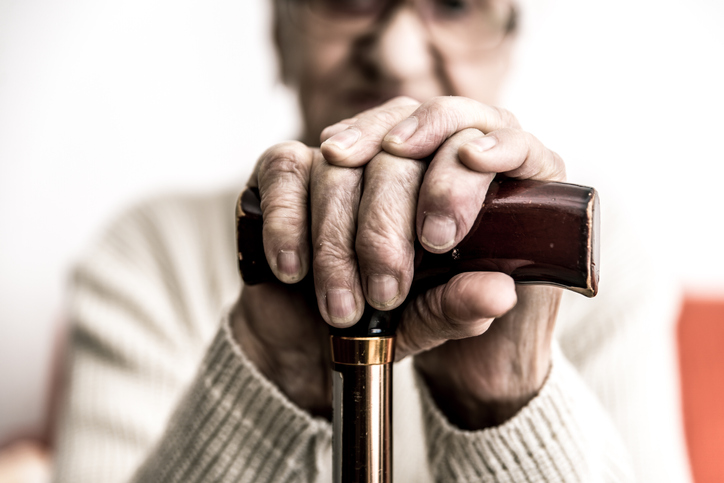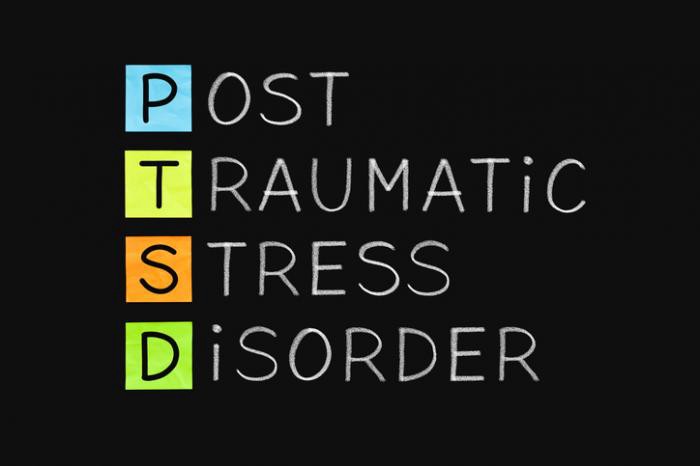
Saturday 11-09-2021 – Dementia 2
Last week, we looked at the psychological effects of aging on Narayan Rao Kelkar. There is the possibility that he may have the early beginnings of dementia. Dementia has received increased attention in recent years along with the rapidly growing number of elderly people most vulnerable to it. The causes of dementia are mostly unknown except for genetic mutations. This is an irreversible process and there is a lot of medical research directed at discovering the cause and then finding specific treatment for it. Till then, family interventions are necessary to minimize the suffering of the patients and family members and to maximize the patient’s functional level. The first thing is to get a detailed examination to find out if he suffers from dementia or not. The disorder has captured the attention of the mass media and consequently the public concern and anxiety have led to a heightened awareness of memory changes and a tendency to over interpret normal are-related memory impairment as dementia. There is a need for concern due to the heredity component of the disease. Sometimes a full examination can allay any unfounded anxiety about the disease. Sometimes what presents as “loss of sharpness” or “losing the edge” could be not dementia but a state of depression. Advanced age and depression can cause a picture similar to dementia. This is a reversible condition and the loss of functions can normalize when the depression lifts.
What you can do?
If the dementia has started the role is to give medications that help in arresting the progress of the disease. There is no medication that can reverse the effects of memory loss. Certain medications may be given for associated behavior problems arising in dementia. However, the main help that you and your family members can give is to put in a lot of social interventions. The most important factor is the attention paid to the environment. Your father may do best with optimal stimulation. Under stimulation may cause withdrawal; over stimulation may cause confusion and agitation. For optimal adaptation, the demands from the environment should match his competencies and capabilities. Maximal performance can be enhanced when the demands and challenges from the environment slightly exceed the level that matches his current abilities – a concept for long-term care. However, maximal comfort may be achieved when the environmental pressure is slightly below his current abilities – a concept for immediate problems. Problems can occur when the environmental demands exceed the zone of maximal performance and become overwhelming or when they fall below the zone of maximal comfort and represent a form of deprivation. The importance of continued social activities is highlighted by the fact that regular participation in these activities is also associated with a decelerated progress of the disease. Familiar and constant surroundings maximize his existing attention capacities. Daily routines often increase his sense of security. Memory and orientation can be facilitated by prominent displays of clocks and calendars, a night light, checklists and diaries. Medication schedules should be simplified. It also helps to place familiar objects like photographs and furniture in fixed places so that similar atmosphere remains. The availability of newspapers and television is useful in maintaining his contact with and awareness of the outside world. The other factor is in relationships with other family members. You may face the problem of relatives not knowing about the disorder and trying to find out social causes of the problem and putting the blame on your methods of taking care. Education about the nature of your father’s illness help them cope with the anger and puzzlement they often experience when he may behave in a peculiar, disturbing and uncharacteristic way. They may need reassurance that their emotional reactions are common and that talking about them may bring relief. Many problems are solved if you can respect the elderly parent’s autonomy, dignity and privacy. All efforts should be directed at enhancing the promotion and maintenance of the quality of life. Specific provision should be made for individuality, self-determination, participation in group activities, social, religious and community activities, availability of ongoing activity programs designed in accordance with his interests and well-being and delivery of services in a manner that reasonably accommodates his individual needs and preferences. The efforts should be directed to foster his sense of autonomy and control. It becomes an ongoing challenge for you to modify your demands on your father appropriately and to determine whether a change in activity level is a matter of changing physical ability or personal preference or manifestation of a problem. There is the concept of resilience, defined as the process of maintaining adaptive behavior in the face of stress and recovering from adversity – this is often increased with age and by and large, elderly people are able to cope well with adversities and challenges despite facing more risks. Despite this age being a period of multiple losses that deplete the individual, there is maintenance of adaptive behavior. It also involves the concept of selective optimization shows the rescaling of goals to match one’s limitations and the demands of the environment and investing the fewer resources available in personally salient activities that maintain self-esteem. There will be a change in his agreeableness as he ages. The themes and conflicts, with which he struggled earlier, can change considerably over the life span and he may be able to accept a far better sense of self than earlier. This may help you in designing an appropriate program for him.



